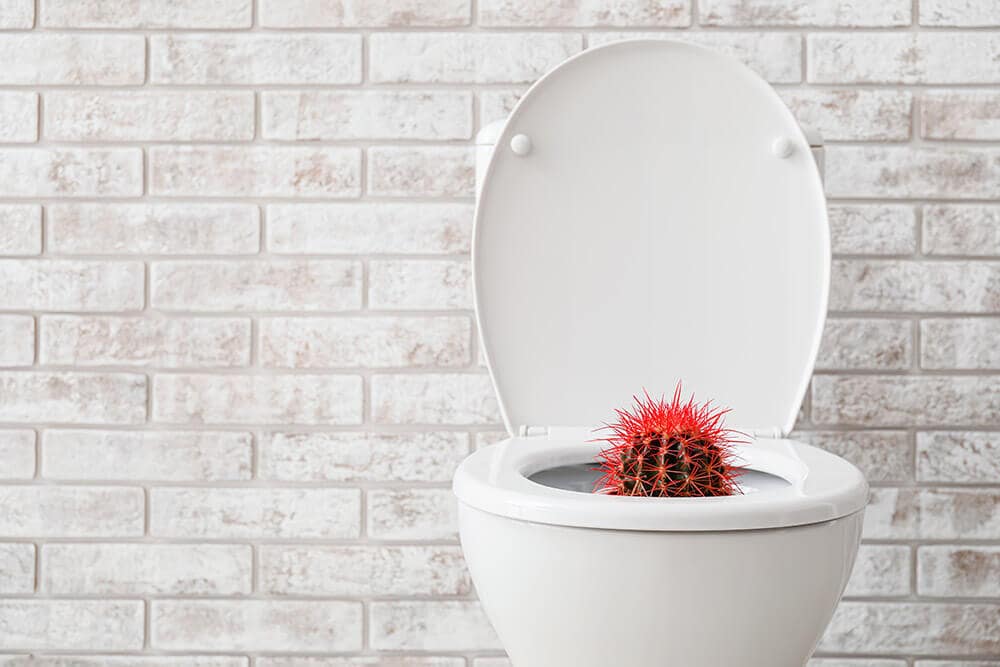Expert Treatment for Sessile Serrated Lesions by Dr. Bharat Pothuri
Dr. Pothuri uses a step-by-step approach:
Medical History and Risk Assessment
He reviews your age, family history of colon polyps or cancer, lifestyle factors (smoking, alcohol, diet), and any subtle symptoms such as blood in the stool or changes in bowel habits.
High-Definition Colonoscopy
Using a state-of-the-art colonoscope with enhanced imaging (narrow-band and chromoendoscopy), he carefully inspects the entire colon for flat or serrated lesions that can be easily missed.
Tissue Sampling and Endoscopic Resection
When a suspicious lesion is found, Dr. Pothuri performs an endoscopic mucosal resection (EMR) or targeted biopsy to remove or sample the tissue for analysis.
Pathology Review & ICD-10 Coding
All specimens are sent to pathology to check for dysplasia or early cancer. Each confirmed diagnosis is then documented using the appropriate ICD-10 code (for example, K63.5 for colon polyps) to ensure accurate records and guide follow-up care.
Frequently Asked Questions
What is a sessile serrated lesion without dysplasia?
It is a flat polyp with early changes. It still needs to be removed to prevent cancer.
How often should I get checked after removal?
Most people need another colonoscopy in three to five years, depending on the polyp type and personal risk.
Can my diet help prevent these lesions?
Yes. A healthy, high-fiber diet may lower your risk, but colonoscopies remain the best way to detect and remove them.
What is the ICD-10 code for this condition?
It's the medical code used for documentation and insurance. It helps keep your care organized and accurate.
Is this condition passed down in families?
Most sessile serrated lesions are not inherited; however, a strong family history of polyps or colorectal cancer may increase your risk.
Will the procedure hurt?
No. You will receive medication to help you relax, and most people feel no discomfort during the procedure.
Where can I learn more?
Visit the American Gastroenterological Association's website at gastro.org for additional resources and information.












